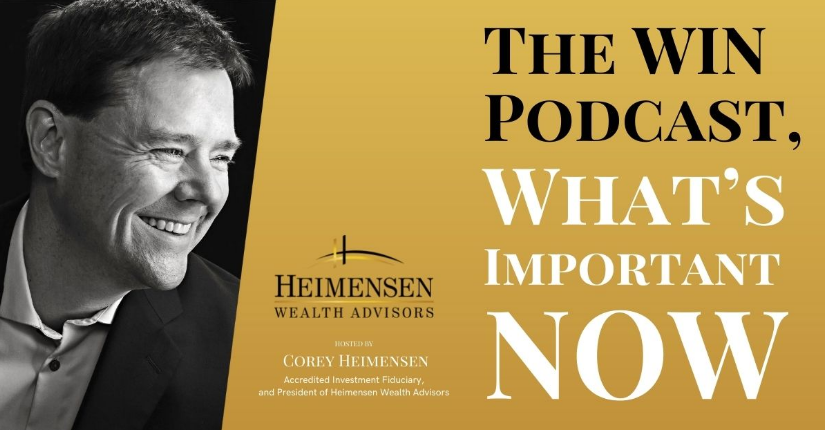
What Our Parents Got Right—and Wrong—About Money (EP 98)
The money rules many of us grew up with were shaped by a very different economic world. In this episode of What’s Important Now, we look at where that advice came from and why it worked so well for our parents’ generation. Then we ask the harder question: Does it still work today? We explore what needs updating, what still matters, and how investors can apply timeless principles in a modern financial landscape—focusing on what’s truly important now.
Resources
Connect
- (712) 472-3867
- Toll-Free: 800-657-4316
- LinkedIn: Corey Heimensen
- Heimensen Wealth Advisors
- Facebook: Heimensen Wealth Advisors
Podcast: Play in new window | Download | Embed